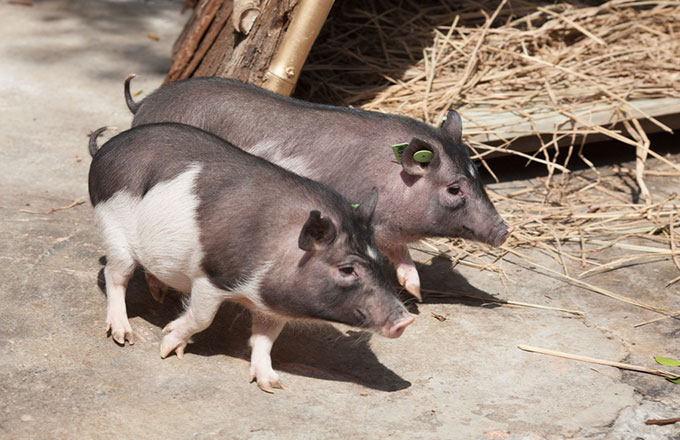Netizens help enforce Wildlife Protection Law
Online exposure of the illegal eating, hunting and trade of wildlife fueled by growing public awareness of wildlife protection is contributing to the enforcement of the Wildlife Protection Law, according to an official of the State Forestry Administration.
Li Tiansong, deputy head of publicity for the administration, said that in the past two years, the administration's account on Sina Weibo, a Twitter-like service in China, has received a growing number of reports related to alleged criminal behavior, including hunting Chinese black muntjac, eating Chinese pangolin and killing macaques.
"If we receive reports with specific details, we forward the information to our department in charge of wildlife conservation, as well as local forestry and public security bureaus," Li said. "Netizens have provided information on cases from past and present. Unfortunately, it is difficult to obtain evidence for some of the older cases."
Sina Weibo user Nitian Xingdao's most recent report concerned the illegal online sales of ivory and rhinoceros products.
"I try my best to double-check details before I report to the State Forestry Administration to ensure my facts are correct and I don't add to the workload of others," the user said.
























